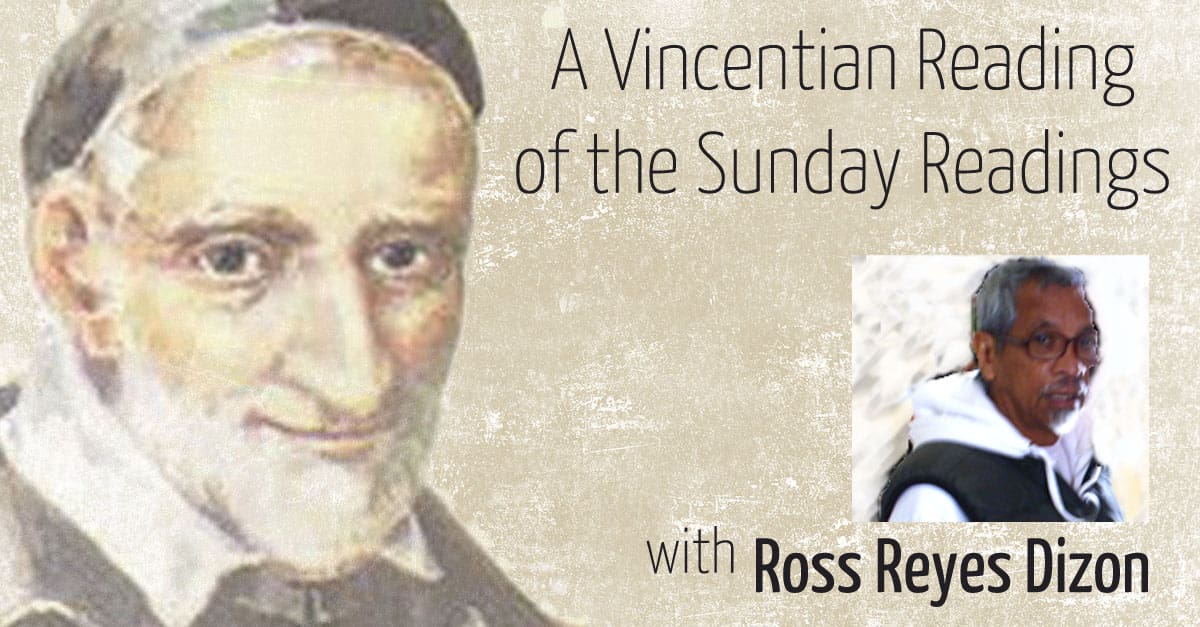Foreigners No Longer, But Citizens Rather
Jesus, our peace, makes one the Jews and those who are not Jews, the foreigners. He tears down, through the cross, the wall of hate that separates them.
A few Jewish Christians, it seems, do not think that the Good News of Jesus is for foreigners. For those of the circumcision party tell Peter to his face in an accusing way: “You have gone into the homes of men who are not circumcised and eaten with them.”
Are those who accuse of those who think of foreigners as dogs? Do they close the door on them so as not to stray from this mission: to go just to the lost sheep of the house of Israel. And Jesus does affirm such mission as he finally answers the annoying Canaanite woman at the behest of the disciples.
But what is odd about his answer is that he is already in a pagan district. He has withdrawn there following the Pharisees and scribes’ suggestion that he does not keep the traditions of the elders. So, the account does not only say that Jesus sets aside his own instruction to the disciples. The account also confirms that the one who goes to the region of Tyre and Sidon is indeed a breaker of traditions.
But why, then, does the one who breaks with traditions still calls foreigners, pagans, dogs? Does he mean it? Or is it just a matter of irony? Yet it may be that “dogs” is in the account to highlight even more the strong faith of the Canaanite woman.
In the eyes of the Jews, she has no name; she is a nobody. And they despise her besides for what they see that she is to them: she is the temptation and danger in person that the pagan is to the faith of the Jews. Yet she shows great faith not a few chosen ones lack.
Those we deem foreigners and outsiders to get away from turn out many times to be true believers.
Jesus looks on this lowly woman of great faith, and he grants her what she asks for. So, for sure, she will have a seat of honor at the Lord’s feast of rich food and choice wines. For he brings to his holy mountain, to the house of prayer for all folks, foreigners who have faith. Theirs will be the invitation to the Supper of the Lamb. To the table of his word, and of his body and blood.
Yes, he welcomes foreigners of great faith as citizens of God’s kingdom. He shows as much mercy to citizens as to foreigners. Hence, we can turn down and shut out no one (see Acts 10, 47). We should rather bring in those we want to stay on the outskirts. And wait on them in the way that St. Vincent wants us to do.
Lord Jesus, grant that we see clearly and grasp firmly that in you we are all one, that there is no longer citizens or foreigners, slave or free, male or female.
20 August 2023
20th Sunday in O.T. (A)
Is 56, 1. 6-7; Rom 11, 13-15. 29-32; Mt 15, 21-28







0 Comments